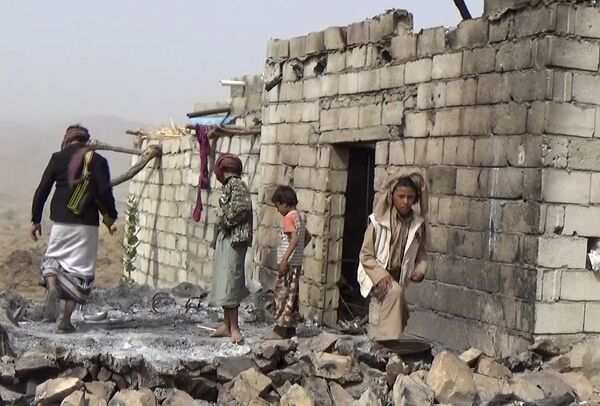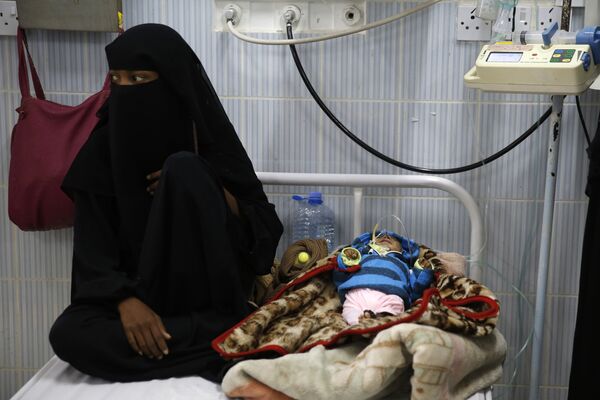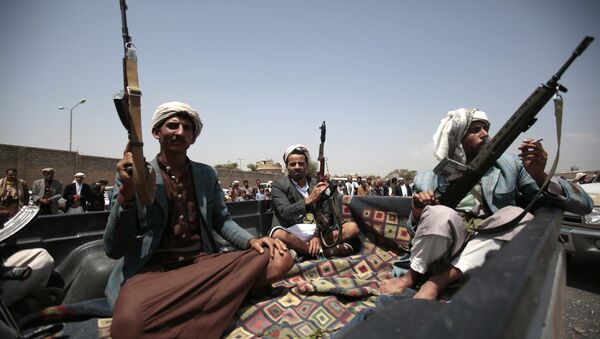The situation in Yemen is an unmitigated disaster, and one of human creation. As things stand, nearly 50% of Yemeni children under five are chronically malnourished, and the nation teeters on the brink of mass famine.
Added to the toxic mix of civil war and international bombings of hospitals and schools, now comes an accusation from Human Rights Watch that the Houthi rebels, and their allies, are using illegal land mines.
"Houthi-Saleh forces have been flouting the landmine ban at the expense of Yemeni civilians," Steve Goose, director of the Arms Division at Human Rights Watch, said.
"Yemen prohibited antipersonnel mines nearly two decades ago and no authorities should tolerate their use."
Human Rights Watch alleges that land mines in Yemen "have killed and maimed hundreds of civilians and disrupted civilian life in affected areas."
Yemen: Houthi-Saleh Forces Using Landmines https://t.co/BlBlgwgJNO
— Human Rights Watch (@hrw) April 20, 2017
Human Rights Watch also highlights that landmines will make the return of the millions of people who have fled their homes far more difficult — even after the conflict ends. However, such an end is no where in sight.
The Yemen civil war continues to rage on, spurred by the strategic importance of the country. It has become a proxy battle for the neighboring powers of Saudi Arabia and Iran.
In February 2015, Houthi Shia rebels forced Yemen's President Abdrabbuh Mansour Hadi to flee the capital Sanaa. President Hadi dismissed the Houthis as Iranian proxies, which Tehran denies.
The destabilization that followed Hadi's flight has engulfed the whole country.
Saudi Arabia rapidly intervened, assembling a coalition of nine Arab states, backed by the US and UK.
Both sides have been accused of illegal acts including bombing and firing at civilian targets such as hospitals and schools.

Human Rights Watch says that the use of landmines has been used in six governorates of Yemen since March 2015.
The International Campaign to Ban Landmines reported that at least 988 people were killed or wounded by landmines or other explosive remnants of war in Yemen in 2015.
Also, on Thursday, April 20, the UN called on the Saudi-led coalition to not bomb the rebel-held port of Hodeida, which is a key entry point for aid to Yemen.

"We continue to advocate to the Saudi-led coalition that the attack on the port of Hodeida and the city itself is not necessary."
"This port is the most essential, the most crucial part of our ability to feed people and get medical services… The Hodeida port is the only port that we can use to serve the bulk of the population in need," Jamie McGoldrick, the UN humanitarian coordinator for Yemen, told reporters in Jordan.
More than seven million people face the risk of starvation in the next months if they don't receive food assistance.


